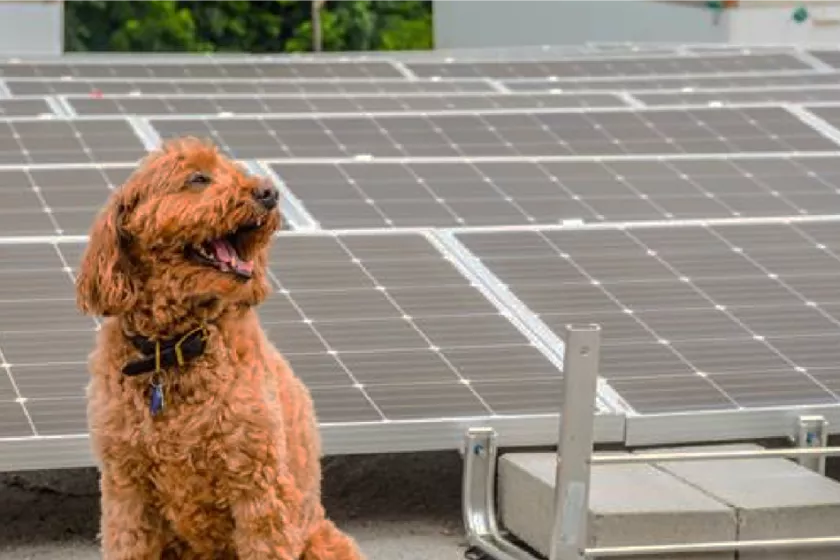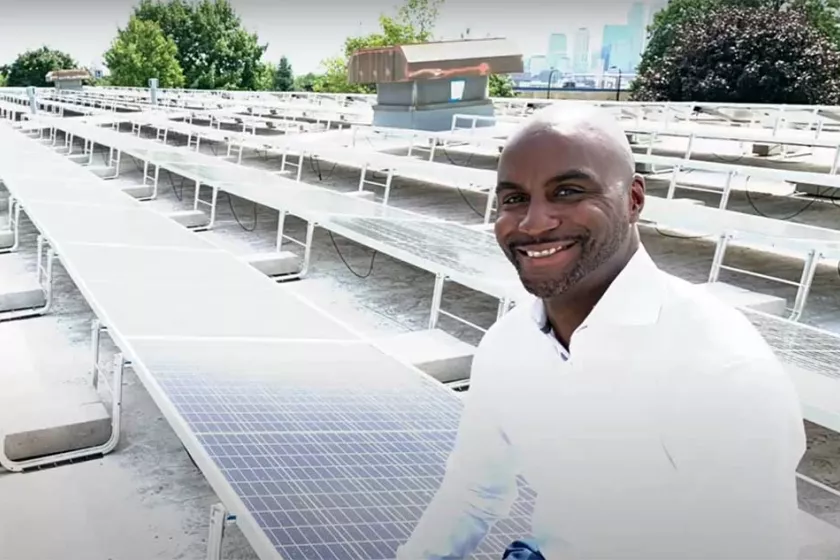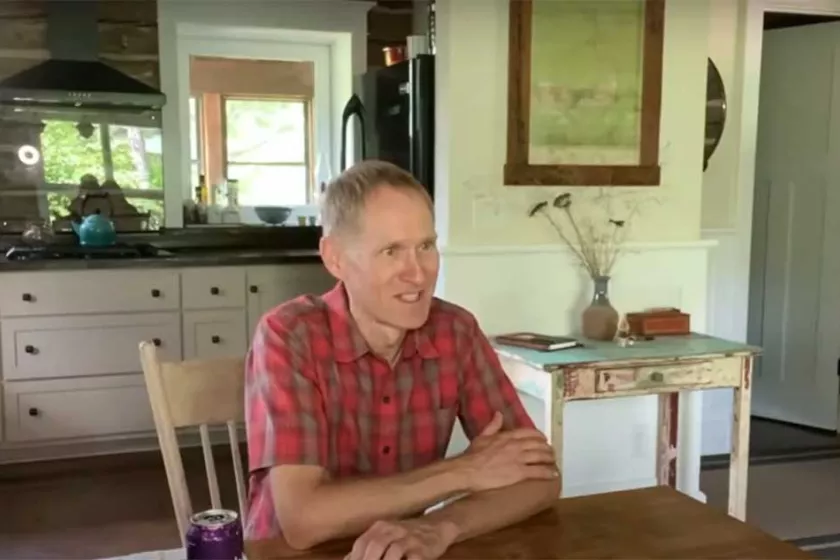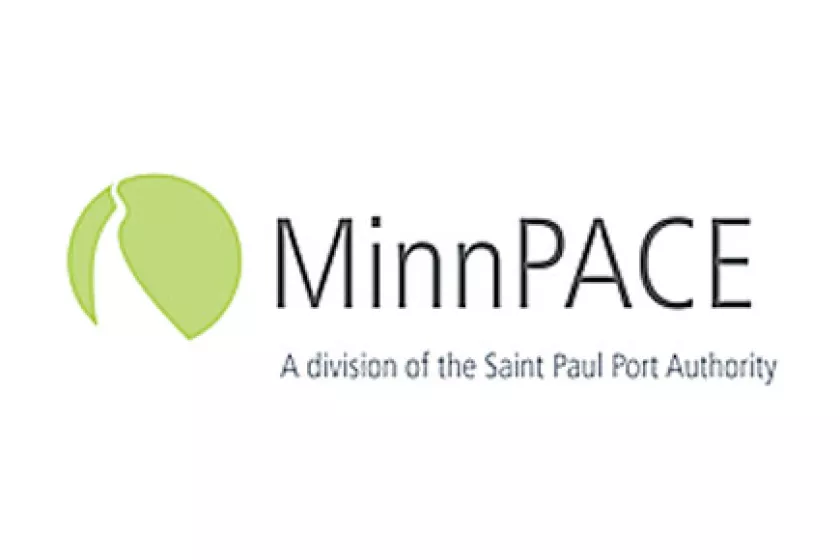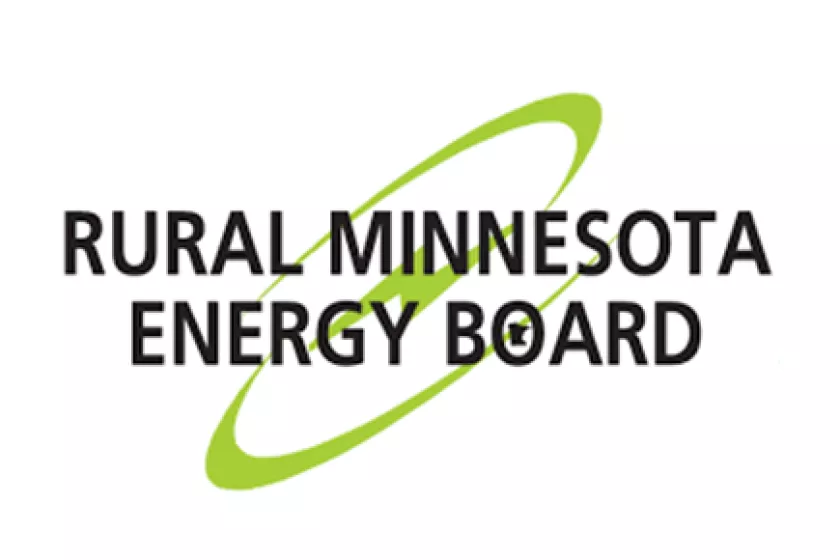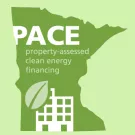- Property-Assessed Clean Energy (PACE) is a way to finance energy efficiency and renewable energy projects for new or existing buildings of commercial, industrial, nonprofit, and multihousing property owners.
- Energy-saving projects done by the property owners receive PACE financing and are repaid as a separate item on their property tax assessment for a set period.
- PACE financing helps overcome barriers to doing energy-related projects. It eliminates high up-front costs, reduces dependence on credit, and allows for comprehensive projects.
PACE
PACE Financing for Businesses & Organizations
What is PACE?
What projects can you finance with PACE?
Energy Efficiency
Renewable Energy
Electric Vehicle Charging
Water Conservation + Quality
Project Process
- Local government establishes PACE program.
- Owner completes energy audit to find savings.
- PACE administrator approves financing.
- Owner completes energy work.
- Owner uses savings to repay assessment.
Qualifications
- Owners current on mortgage and property taxes.
- No federal or state liens against the property.
- Must not be in bankruptcy proceeding.
- Consent from current mortgage lender.
- Term can't exceed useful life of equipment.
- Project can't exceed 30% of appraised or assessed property value, whichever is higher.
Who else is on PACE?
Where is PACE being used?
- 77 of Minnesota’s 87 counties now allow PACE financing. No program in your county? Contact Peter Lindstrom to learn more and set up a presentation.
- Minnesota has hundreds of completed PACE projects. Explore the map to see projects by businesses, apartment buildings, nonprofits, places of worship, and other commercial entities.
What programs exist in Minnesota?
There are currently two commercial PACE programs available to Minnesota cities and counties that want to help finance building energy improvements in their jurisdictions.
One of our company-wide focus areas is to eliminate waste, including wasted energy, so increasing the efficiency of the buildings only made sense. PACE financing provided the opportunity to complete the improvements in an economical way that allows cash on hand to be used for growing the business rather than facility updates.
Sara Zimmerman, AirCorps Aviation in Bemidji

